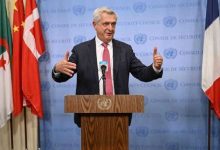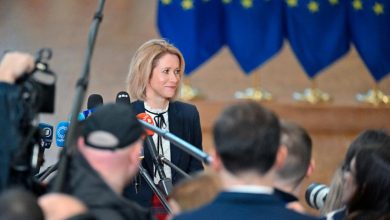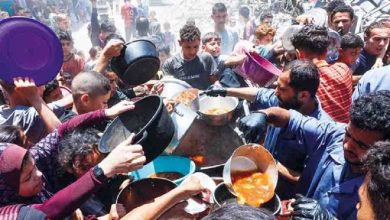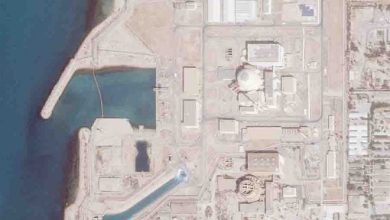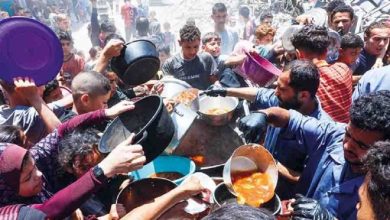Russia Appoints “General Armageddon” as Top Military Adviser in Algeria Amid Expanding Kremlin Influence
General Sergey Surovikin, infamous for his brutal tactics in Syria and Ukraine, now leads Moscow’s military advisory mission in Algiers—marking a significant shift in Russia’s strategic ambitions across North Africa.
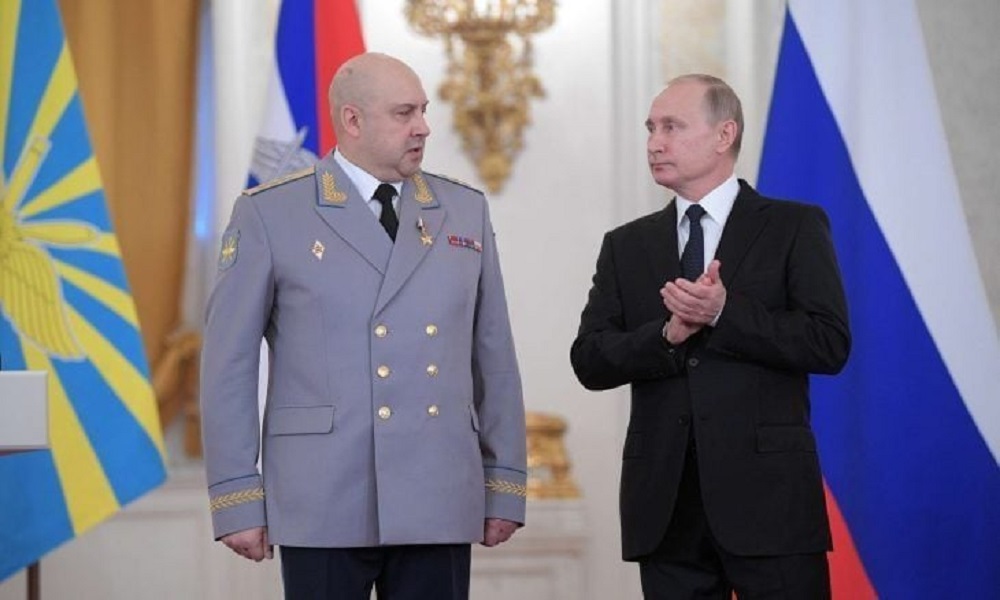
Watan-Moscow has appointed General Sergey Surovikin—the former commander of Russia’s military operations in Syria and Ukraine—as the head of its military advisory mission at the Russian embassy in Algeria, aiming to bolster the Kremlin’s “military diplomacy” in North Africa, according to French newspaper Le Monde.
Nicknamed “General Armageddon” for his reliance on brutal airstrikes during Russia’s intervention in Syria to support Bashar al-Assad’s regime, Surovikin has also maintained close ties with the Wagner Group.
Le Monde reports that Surovikin was recently seen at a military cemetery near Algiers during a commemoration of the Soviet “Great Patriotic War” against Nazi Germany (1941–1945), alongside a Russian diplomatic delegation.
Photos posted on the embassy’s Telegram channel on May 9 show him in sunglasses and a loose-fitting civilian suit, accompanied by Russian Ambassador to Algeria Alexey Solomatin and Military Attaché Vladimir Tsukanov. While his presence was not unusual—Russian media report he visits Algeria at least annually—the key revelation this time came from the text accompanying the images: his formal appointment as “Head of the Group of Russian Military Advisors in Algeria.”
Surovikin’s Algeria Appointment Signals Expanded Kremlin Military Role
This appointment confirms Russia’s deepening military commitment in Algeria and increasing presence of Russian advisors, Le Monde emphasizes.
The newspaper recalls that under the command of this so-called “Butcher General,” the Ukrainian city of Mariupol was obliterated between February and May 2022, resulting in tens of thousands of civilian deaths. Surovikin’s forces also systematically bombarded energy infrastructure, hospitals, train stations, markets, and schools across Ukraine—a strategy tested in Syria five years prior.

In recognition of his effectiveness, Surovikin was named commander of the Ukraine front in October 2022 amid Russian military setbacks. However, facing an intense Ukrainian counteroffensive, he oversaw the withdrawal from Kherson.
Mysteriously, his influence waned in September 2023, and his name vanished from the Russian defense ministry’s organizational structure. Though his resignation was never officially announced, he fell from favor, with his last public appearance in Russia occurring on June 23 of the same year—when he appeared in a video urging Wagner founder Yevgeny Prigozhin to stand down from his mutiny.
Le Monde argues that his association with Wagner—and his willingness to adopt its tactics, such as prison recruitment campaigns—make him well-suited for missions in North Africa, where discretion and unconventional warfare skills are key.
His appointment is viewed as a testament to Russia’s growing stake in Algeria at a time when President Vladimir Putin, angry with France, seeks to entrench Russian influence in the Mediterranean and Sahel regions. Though the announcement was indirectly revealed through the Russian embassy, it clearly signifies an escalation in Russia’s regional “military diplomacy.”
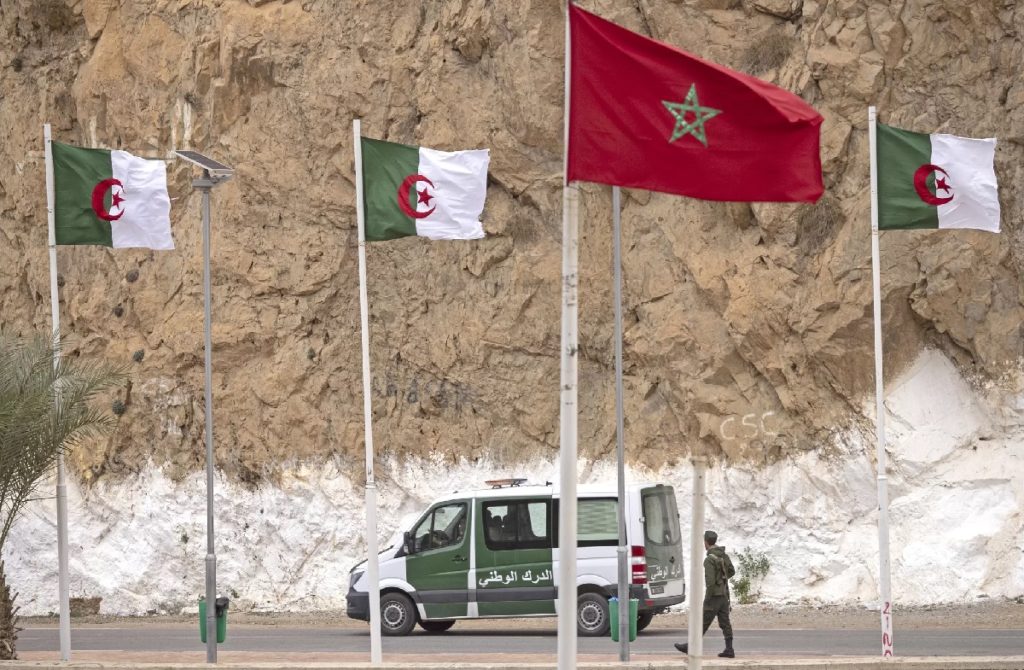
According to the French newspaper, one of Russia’s strategic aims could be to exert pressure over the Western Sahara issue. Algeria supports the Polisario Front, while France backs Morocco. A report by the U.S.-based Robert Lansing Institute warns that Russia may use this dispute to provoke tensions between Rabat and the West—possibly even deploying Russian military trainers to Algerian border forces near the disputed zone.

